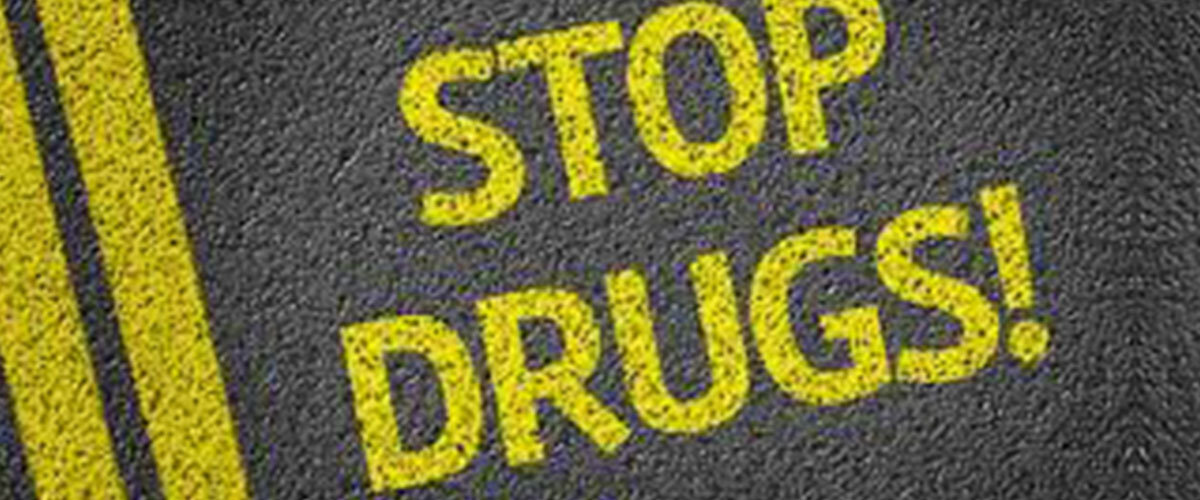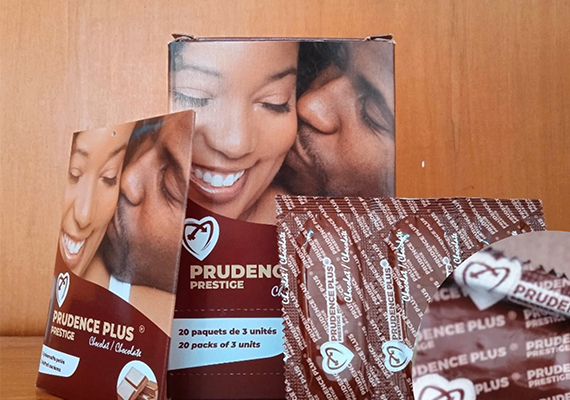Drugs and violence among youths: no smoke without fire!

Drug abuse amongst youths has speeded all the years all over the world. Drug abuse has been a serious public problem, it is an issue that continues to plague societies.
Mr Azinwi Foncha working as the Educational Officer for Jersuit Refugee Services throws more light on the cancer worm that is destroying youths today. Drug abuse refers to any scope of use of illegal drugs: heroin use, cocaine use, tobacco use. Drug misuse is used to distinguish improper or unhealthy use of a medication as prescribed. These include the repeated use of drugs to produce pleasure, alleviate stress, and/or alter or avoid reality. Young people's brains are growing and developing until they are in their mid-20's. Taking drugs when young can interfere with developmental processes occurring in the brain. They may be more likely to do risky things, such as unsafe sex and dangerous driving.
Youths start taking drugs like a joke. They see from their friends and peers and will like to try. They take a small piece of drug in order to see the reaction. As days go by, they enjoy the train and with time, they become used to it and addicted. Youths who take drugs later on enjoy the mis-conduct which comes as a result of drug usage. The earlier young people start using drugs, the greater their chances of continuing to use them and become addicted later in life.Taking drugs when you are young can contribute to the development of adult health problems, such as heart disease, high blood pressure, and sleep disorders. The drugs that are most commonly used by young people are alcohol, tobacco, and marijuana. Recently, more young people have started vaping tobacco and marijuana. Some people have unexpectedly gotten very ill or have even died after vaping. Different factors may raise a young person's risk for drug use, including : child sexual abuse, trauma, genetics, prenatal exposure to alcohol or other drugs , lack of parental supervision or monitoring, having peers and/or friends who use drugs.
Drug abuse and addiction are preventable. Prevention programs involving families, schools, communities, and the media may prevent or reduce drug use and addiction. Good communication with your children can stop them from using drugs. Encouraging your children can give them confidence about themselves. It also helps parents promote cooperation and reduce conflict. Teaching your children problem-solving skills. Setting limits, to teach your children self-control and responsibility, provide safe boundaries, and show them that you care. Supervision, which helps parents recognize developing problems, promote safety, and stay involved. Knowing your children's friends.
Presented by Che Engochan with the expertise of Azinwi Foncha










